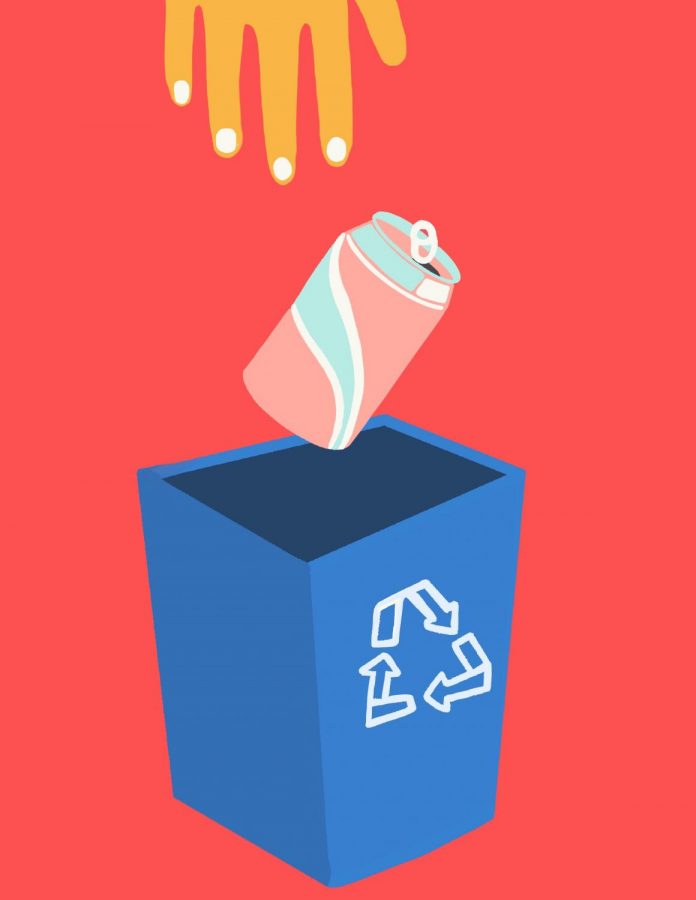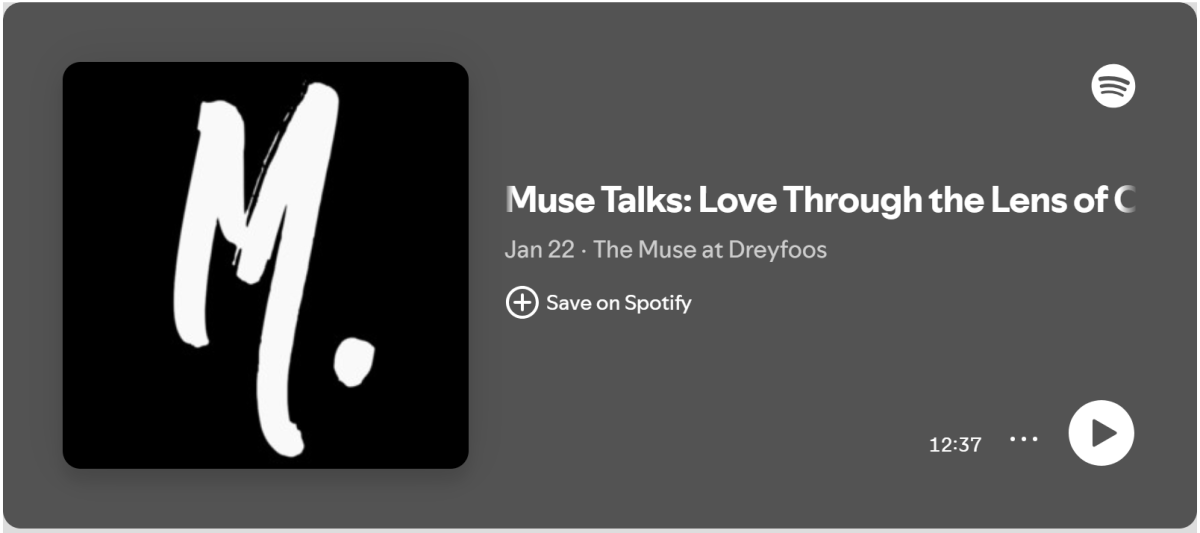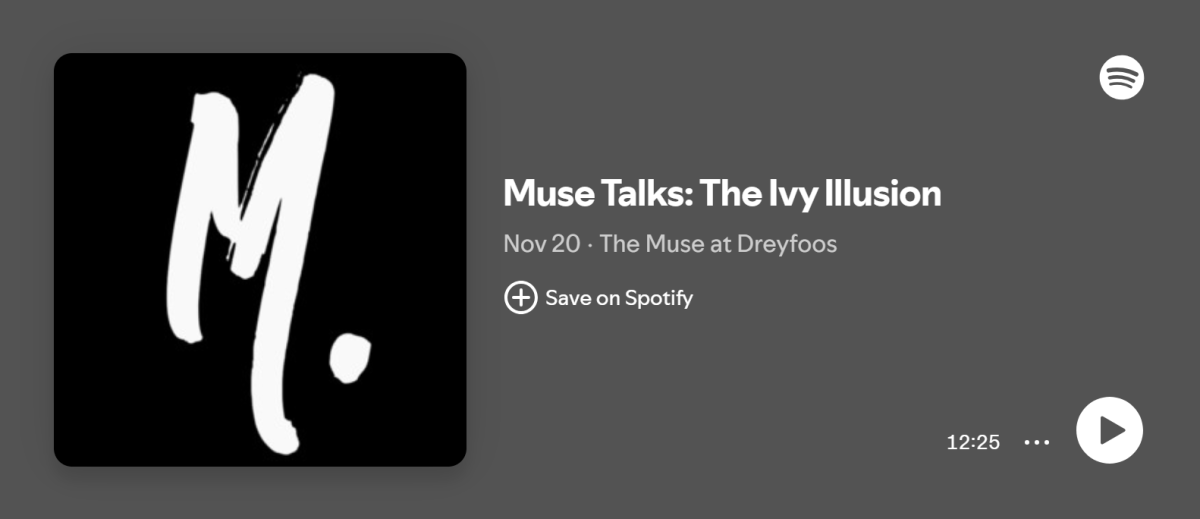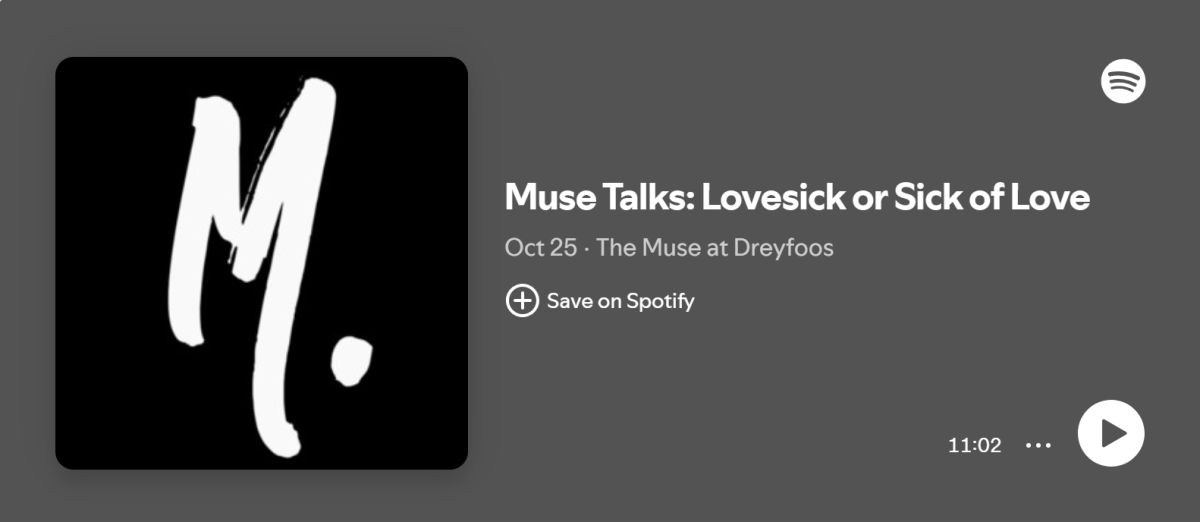Sleep Drunkenness
December 2, 2014
Have you ever woken up slightly disorientated and barely functional? This sounds common especially as a teenager, but recent medical research points to reasons why this happens. Recent studies from The Journal of Neurology show that one in seven people experience “sleep drunkenness.” This experience is referred to as “Confusional Arousal” by researchers.
“Confusional Arousal” is when someone wakes up from a nap or sleep and has no recollection of their actions before they fell asleep, similar to the way an individual fails to remember things when they are drunk.
This happens when someone wakes up during deep REM sleep. When interrupting sleep, the brain is not always fully functional in the same way it is when you are fully awake. A recent article from CNN presents and compares subject of sleep deprivation and sleep
drunkenness. CNN states shocking statistics about the amount of time this sleep drunkenness lasted in their research studies. According to their findings, “More than one third of the partici-pants who experienced episodes once a week reported they lasted under 5 minutes, 32.3% of people said their episodes lasted between 5 and 15 minutes and 30 percent of people experi-enced episodes lasting 15 minutes or more.”
Sleep drunkenness seems to be a rather comical topic due to its name, but it can
actually be a serious problem that could be dangerous. If you are disoriented for the 5-15 minutes sleep drunkenness lasts and you operate a car, your brain is not fully functional and could cause a potential accident. Next time you wake up sluggish and disoriented, it is not be-cause you are tired; it is because your brain is adjusting from an abrupt interruption of REM sleep.























































